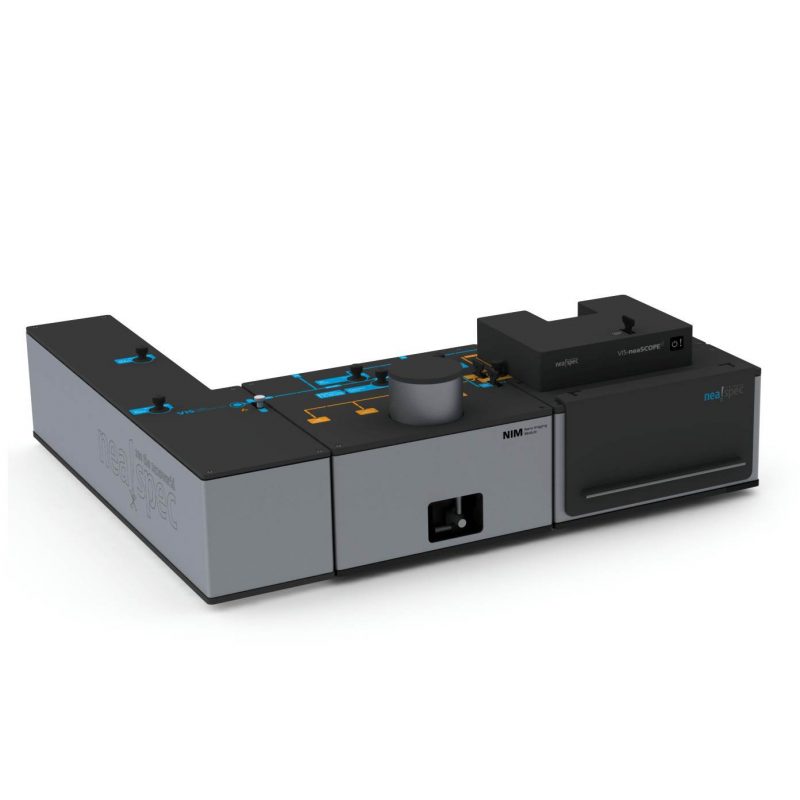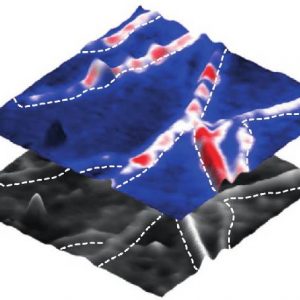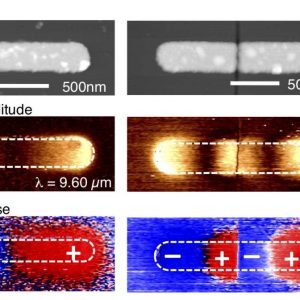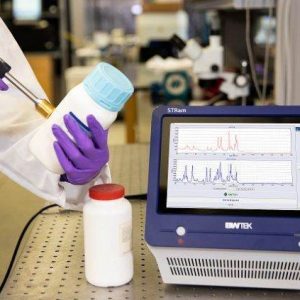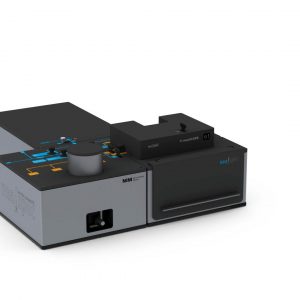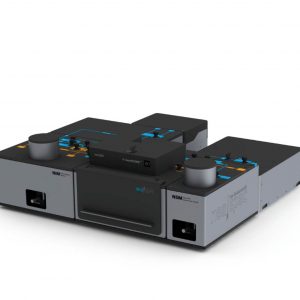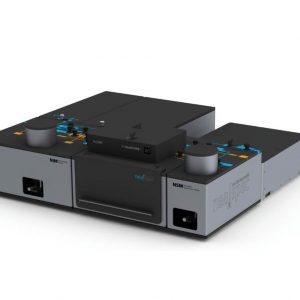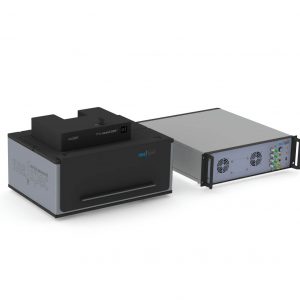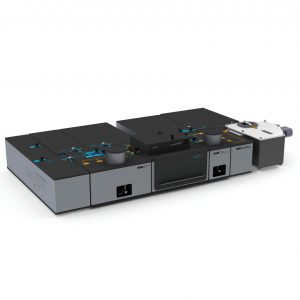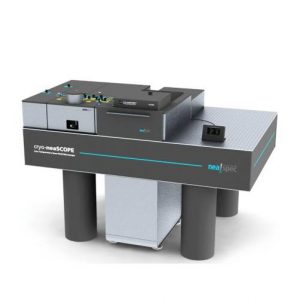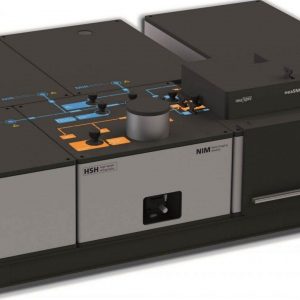- About the spectrometer
- Applications
- neaSCOPE product line
VIS-neaSCOPE+s enables the measurement of polarization-resolved maps in the near field and the analysis of the electromagnetic field of the sample: phase and amplitude.
- Complete characterization of wave attenuation, mode profile and dispersion
- Amplitude and phase-resolved detection of local electromagnetic fields
- Guaranteed performance in the entire visible spectrum
- Thanks to the patented technology, it is possible to measure 100% without the need to measure the background
- Ultrastable focus without aberrations
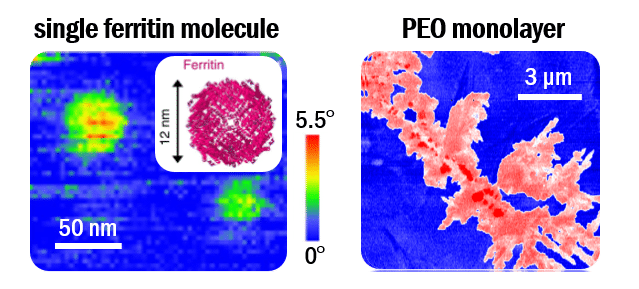
This system covers the full range needed for plasmonic applications thanks to flexible illumination, detection and focusing options on the sample or tip. It is easily expandable with AFM-IR and nano-FTIR modules.
IR-neaSCOPE is the basic model for infrared imaging and nano-spectroscopy. It provides maximum performance without damaging the sample. This is a cost-effective solution for samples with a high coefficient of thermal expansion.
IR-neaSCOPE+fs is designed for pump-probe spectroscopy with 10fs temporal and 10nm spatial resolution: it enables ultra-fast nanoscale science.
IR-neaSCOPE+s enables IR imaging and nano-FTIR spectroscopy by detecting radiation reflected from a standard AFM tip. It is a universal solution for all types of materials. It measures both absorbed and reflected radiation simultaneously and uses the fastest and most reliable modules for nano-imaging and nano-spectroscopy.
THz-neaSCOPE+s is a versatile platform for nano-imaging and terahertz (THz) spectroscopy.
IR-neaSCOPE+TERs is a revolution in nano-spectroscopy thanks to a combination of nano-FTIR and Raman spectroscopy techniques, providing complete spectral analysis.
cryo-neaSCOPE+xs is a pioneering instrument for nanoscale optical imaging and spectroscopy in an extreme cryogenic environment.
SNOM (near field scanning optical microscopy or NSOM) is a microscopic technique that exceeds the resolution limit due to the properties of attenuated waves. The distance between the detector and the sample is less than the wavelength of light when measured, and this is used in optical microscopy, among other things, for its ability to increase the contrast of nanoparticles.
